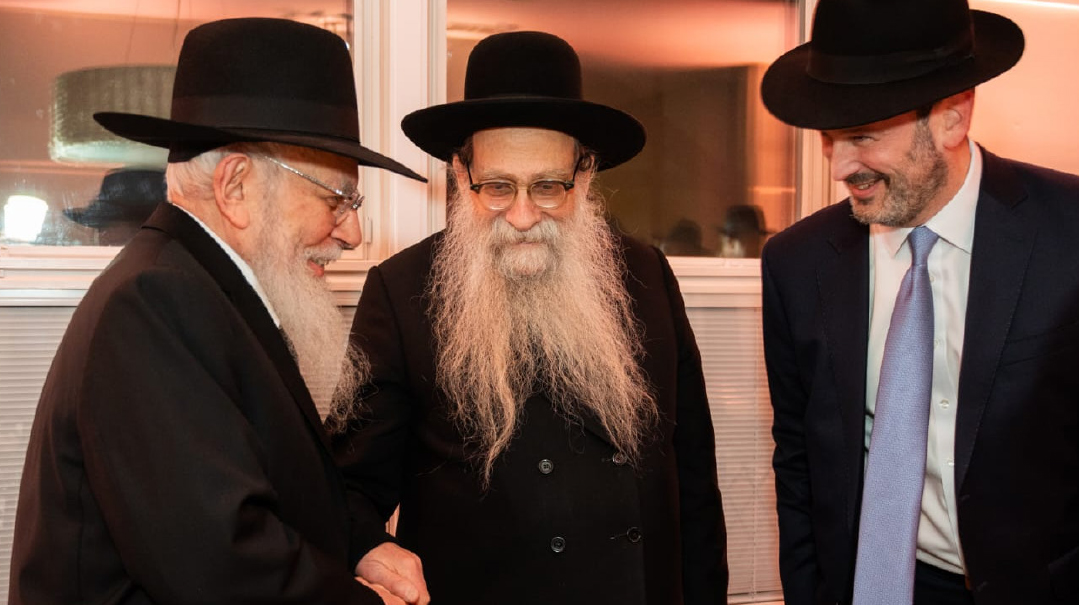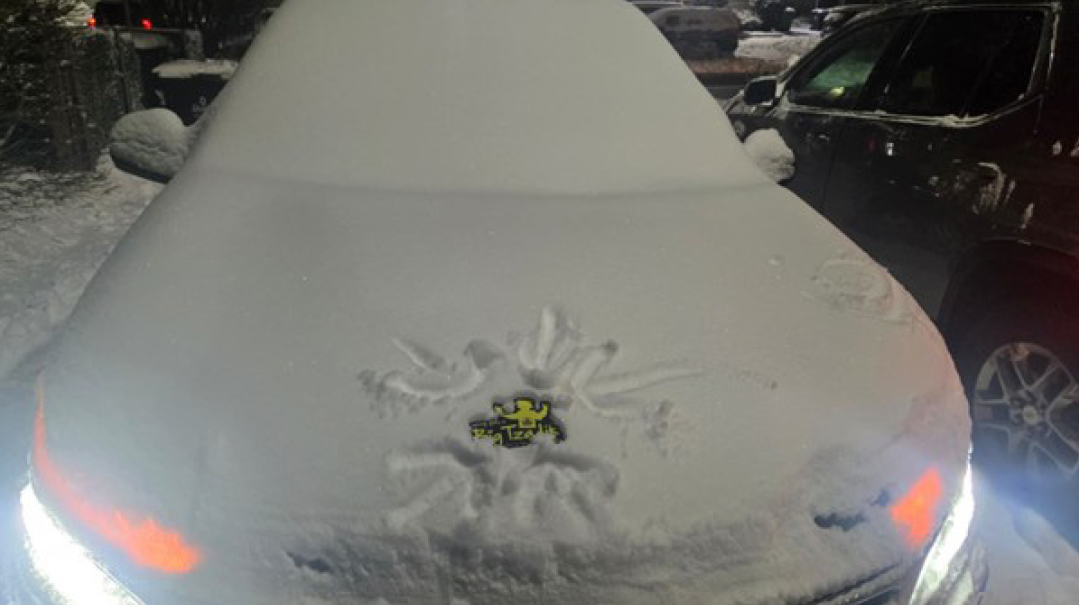The Moment: Issue 1063
| May 27, 2025Either pay the amount on the invoice, or send him several volumes of the Schottenstein Shas

Living Higher
IN
2021, the Beit Chatam shul, a full-service English-speaking community and shul in Rechovot, Israel, completed construction of an elevator on its premises. Yet the elevator seemed doomed from the start. It was broken more often than not, and the company that installed the machine suddenly went AWOL, leaving the congregation frustrated and bereft of the benefits that they had paid thousands of shekels to install.
After several months, the shul hired an attorney to file a suit against the elevator company. The attorney recommended that the shul retain the services of a specific consultant who is an expert at documenting evidence of elevator malfunctions. The consultant, a nonreligious but “traditional” Teimani fellow, dutifully documented what was needed for the lawsuit, and mentioned in passing that he had a desire to learn Gemara.
When the consultant sent the invoice for his services, he added an offer: Either pay the amount on the invoice, or send him several volumes of the Schottenstein Shas. The price of the requested Gemaras was lower than the price on the invoice, but if the lawsuit were successful, the shul would be able to recover all expenses incurred by case, and that would only be possible if they paid the full fee.
Still, the shul made the decision to send the consultant the Gemaras to foster limud Torah. The lawsuit was filed, the shul was successful and the kehillah moved on — until last week, when the consultant sent a message. Since receiving the Gemaras, the Beit Dagan resident had arranged for a chavrusa from Bnei Brak to begin his learning journey. He was emailing his erstwhile clients to let them know that he had put his “wages” to good use — and was proudly inviting them to partake in a gala siyum — the first of his life.
Overheard
“Surgery is somewhat humiliating. One has to leave his clothes, submit to anesthesia, and allow others to cut, examine, poke, and measure him. My body did not feel like my own for many days afterwards. It looked and behaved differently. These experiences drilled in that my body was actually not mine in the first place.
“Which takes me back to pre-surgery. The body was not mine even in the decision making. This was not about me ‘nobly’ giving away an organ — it was handing over part of the lease I was given. G-d gave me this body, and I can give a part of it away to help another child of G-d. Within this framework, everything I underwent was most natural.”
—Rabbi Ya’akov Trump of the Young Israel Lawrence Cedarhurst, reflecting on his kidney donation
No Room for Doubt
Do you want the sliced pickles inside or on the side of your salad? And did you say the poppers should be paid for separately from the rest of the order or together? At a popular restaurant in Lakewood, New Jersey, a sign reminds customers to be crystal clear when submitting the orders. But because it’s an ir haTorah, the store’s manager makes his request using a distinct Torah phrase to convey his message.
(Originally featured in Mishpacha, Issue 1063)
Oops! We could not locate your form.







